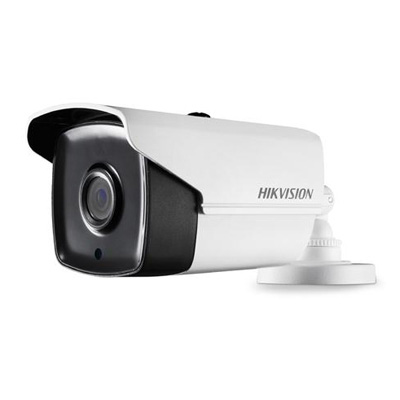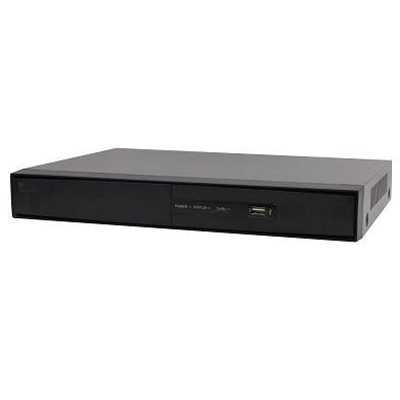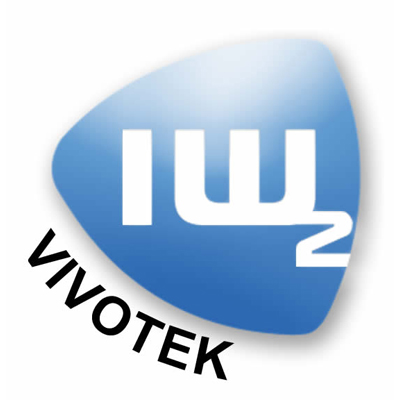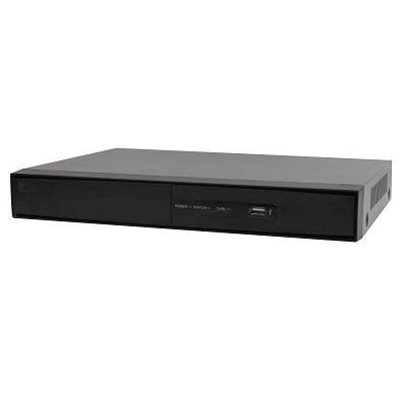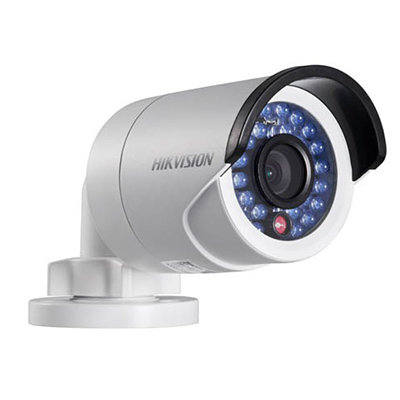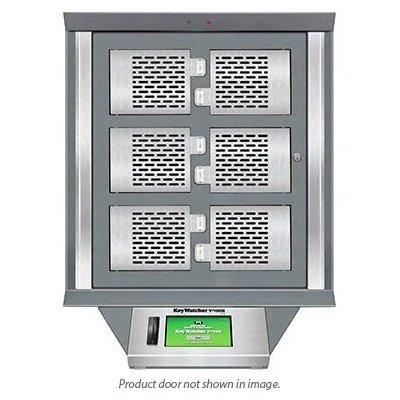Over the Air (OTA) technology enables remote introduction of new UICC services and applications without the need to exchange the card. The complexity of the OTA setup, however, compels network operators to test comprehensively. COMPRION’s OTA test system simulates complex OTA use cases so that communication errors in this setup are detected before expensive service rollouts.
OTA has recently gained importance due to a variety of developments such as the growing supply of uniform basic cards (instead of personalised UICCs), the increase of embedded UICCs in M2M modules, the introduction of multi-application cards (UICCs with telecom and banking applications) and the work of Global Platform standardising Remote Application Management (RAM). By using OTA technology, network operators can add or change services (e.g. subscription management, update of roaming agreements) and applications on the UICC remotely in a fast and costeffective way. This is important, as the UICC is the only secure element through which the network operator keeps direct contact to the end customer.
OTA is based on a client/server architecture consisting of a UICC and an operator back-end system (e.g. customer care, billing system, application server, etc.) The mobile phone and the network provide the infrastructure to transport the communication. If one of the involved components fails, the whole OTA communication chain breaks down. If the malfunction concerns the mobile or the UICC, the problem cannot be easily fixed afterwards as they stay with the customer. A failure therefore causes tremendous costs.
As a consequence, the reliability of the whole system requires both: compliance tests for the individual components (back-end, network, mobile phone and UICC) and use case-specific tests of the complete OTA chain. This is important as elementary test cases forming the compliance test benches differ fundamentally from the data traffic generated by an OTA session. With COMPRION’s OTA end-to-end test solution, the company provides the infrastructure to test complex OTA use cases in a lab environment. Tests are developed on a project basis concerning the specific use case (end-to-end testing, server tests, card tests, terminal tests).







